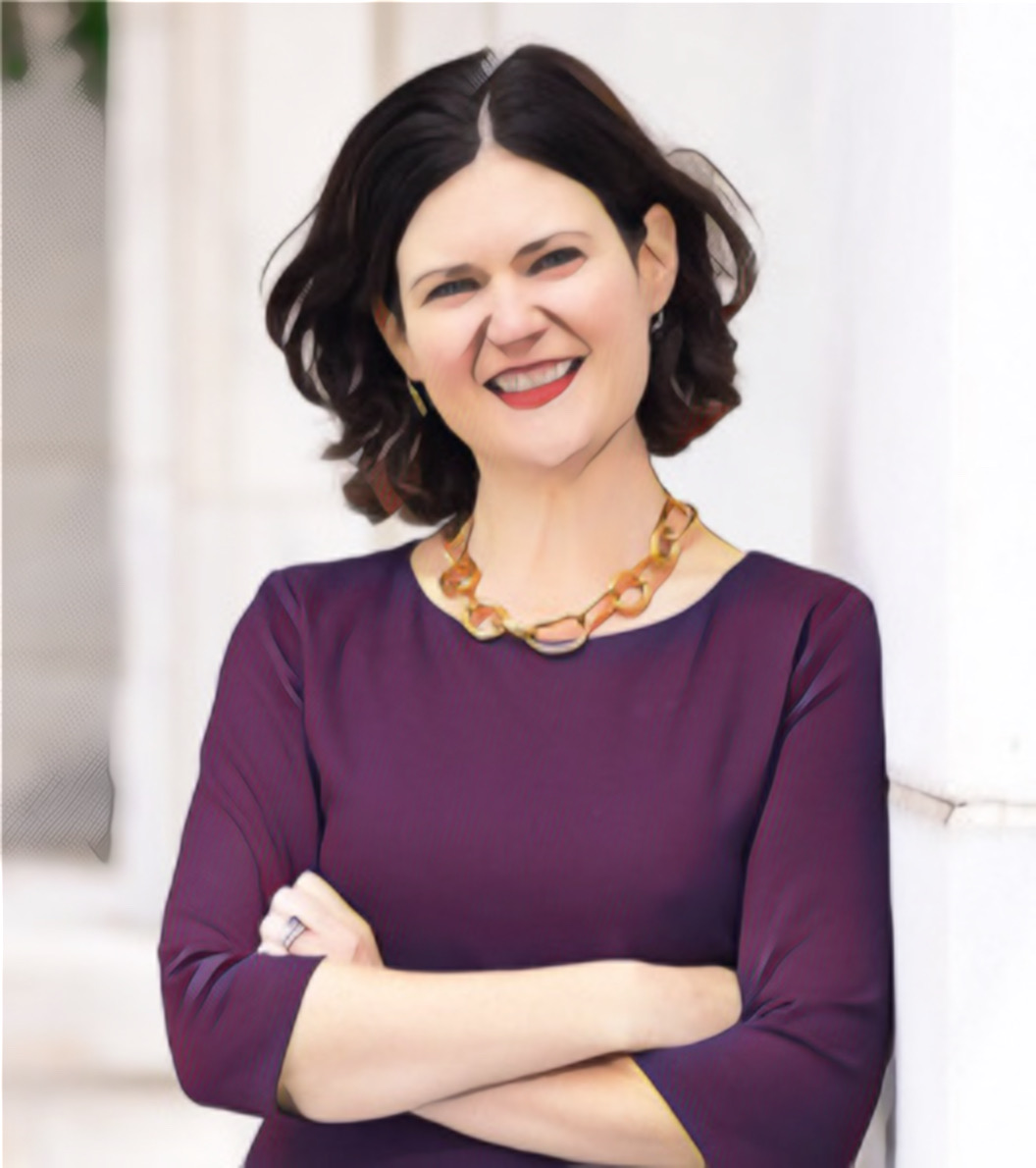Extremists for justice
We live in an extreme moment — one that calls us to be extremists: extremists for justice, extremists for love.

Our world is in a perilous place. My heart breaks for the many thousands of people — many of them civilians — who have been killed in the war in Ukraine and in the war between Israel and Hamas. The terrorist attack by Hamas on October 7 was a brutal, unconscionable and despicable act of depravity. The brutal way that Israel has waged war has resulted in a humanitarian crisis in Gaza, leaving the people there without food, water or necessary medical care and supplies.
In response to the conflict, we have witnessed an alarming rise in Islamophobia and antisemitism in the United States, including on college and university campuses. A six-year-old boy was murdered by his neighbor for being Palestinian-American. While we have the freedom to protest government policies, our discourse and our actions should always remain nonviolent and devoid of hate. We must resist the urge to associate all people with the actions of their governments.
We are also on the cusp of 2024, a year that will contain the most consequential presidential election of my lifetime. This fall, I spoke at the Democracy360 Summit hosted by the Karsh Institute of Democracy at the University of Virginia. While my panel explored the threat of Christian nationalism to democracy, I listened to and learned from people from a variety of perspectives about the precarious nature of our constitutional republic and the challenges to our free and democratic society.
One of the most frightening aspects of our current situation is the degree to which the peaceful transfer of power itself is no longer an assured outcome after an election. We must consider that the events of January 6, 2021, were not an aberration but a warning of what we may expect in the future. In a report issued this fall, PRRI reported:
Disturbingly, support for political violence has increased over the last two years. Today, nearly a quarter of Americans (23%) agree that “because things have gotten so far off track, true American patriots may have to resort to violence in order to save our country,” up from 15% in 2021. PRRI has asked this question in eight separate surveys since March 2021. This is the first time support for political violence has peaked above 20%.
With current events in mind, I recently re-read the Rev. Dr. Martin Luther King Jr.’s magnificent Letter from Birmingham Jail. In it, Dr. King is responding to a statement from eight white clergymen calling on Black citizens to “withdraw support from these demonstrations, and to unite locally in working peacefully for a better Birmingham.” They went on to write: “We recognize the natural impatience of people who feel their hopes are slow in being realized. But we are convinced that these demonstrations are unwise and untimely.”
Dr. King, responding from his solitary confinement cell where he was jailed on Good Friday 1963, penned a 7,000 word masterpiece on scraps of newspaper, sandwich wrappers and even toilet paper. He was writing at a time — not unlike this moment — when those on the side of injustice and inequality were using extreme and violent measures to hold onto their power.
The letter is a lesson in nonviolent direct action taken to effect change, but it is also a prophetic word about how, when faced with extreme injustice and inequality, moderation, waiting or “keeping the peace” is often not what God desires:
Was not Jesus an extremist in love? — “Love your enemies, bless them that curse you, pray for them that despitefully use you.” Was not Amos an extremist for justice? — “Let justice roll down like waters and righteousness like a mighty stream.” Was not Paul an extremist for the gospel of Jesus Christ? — “I bear in my body the marks of the Lord Jesus.” … So the question is not whether we will be extremist but what kind of extremist will we be. Will we be extremists for hate or will we be extremists for love? Will we be extremists for the preservation of injustice — or will we be extremists for the cause of justice?
We live in an extreme moment — one that calls us to be extremists: extremists for justice, extremists for love.
Amanda Tyler is executive director of BJC.
This article first appeared in the winter 2023 edition of Report from the Capital. You can download it as a PDF or read a digital flip-through edition.




